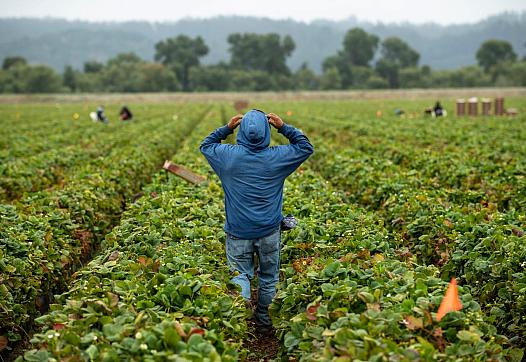
Salinas and Monterey County as a whole are some of the least affordable places to live in the U.S., per the 2019 Harvard State of the Nation's housing study.

Salinas and Monterey County as a whole are some of the least affordable places to live in the U.S., per the 2019 Harvard State of the Nation's housing study.
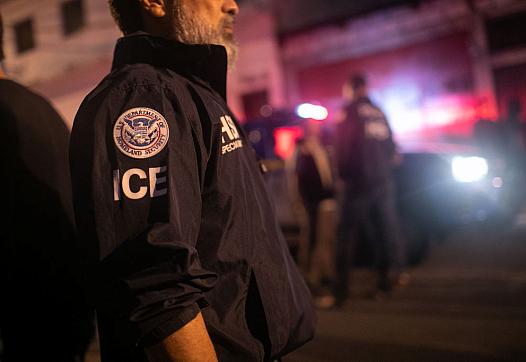
Hard-won lessons from an investigation into ICE's failure to provide adequate medical care to detainees on its privately chartered jets.
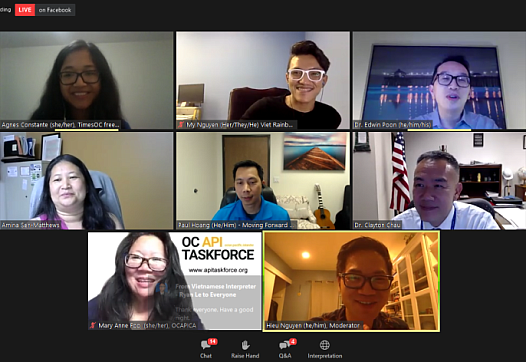
Dr. Clayton Chau, director of the Orange County Health Care Agency, joined a group of Asian American medical providers, officials, advocates and journalists to speak about mental health.

Too many hospitals and clinics buck legal requirements to serve patients in their languages. The failure to communicate can have deadly consequences.

A new article published by the East-West Center outlines how the state can effectively stem the rapidly growing coronavirus cases in the Pacific Islander community.
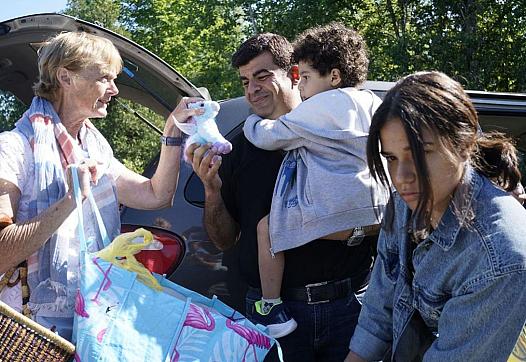
A young family from Haiti was seeking refuge in Canada. Canada wouldn’t take them, and so the family ended up back in the United States, with nowhere to go.
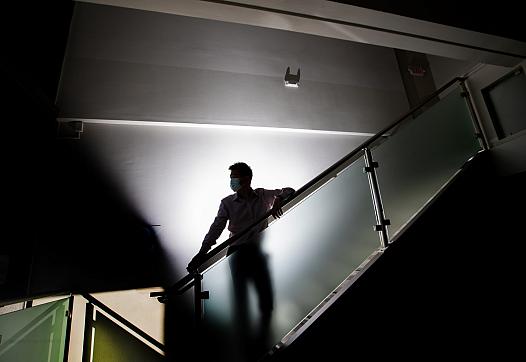
An investigation reveals a system in which violence can be perpetuated against detainees with impunity, both by other detainees and facility staff.
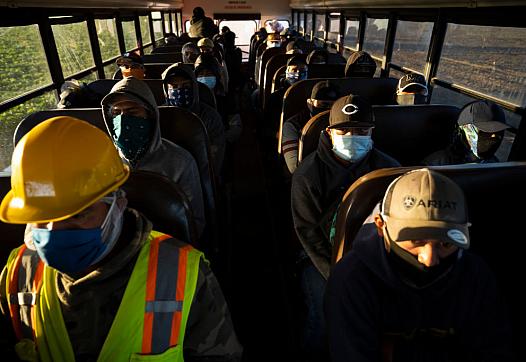
Even when sick, immigrant workers often feel like they have no choice but to show up at the job — they have to work to survive.
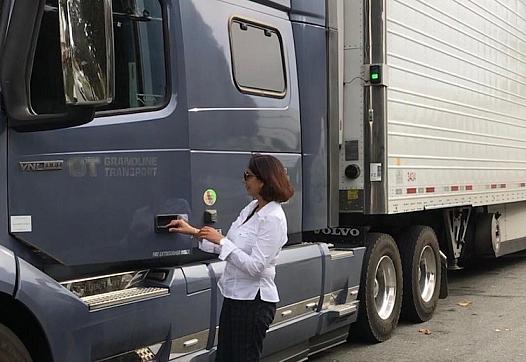
"My dream of riding a truck and drinking endless cups of chai with truck drivers at dhabas or roadside eateries was shattered by COVID-19."

La pandemia ha agravado las condiciones de pobreza en las que viven comunidades a lo largo de la frontera entre México y Estados Unidos. Los efectos se han sentido en la salud, el empleo y los bolsillos de cada persona